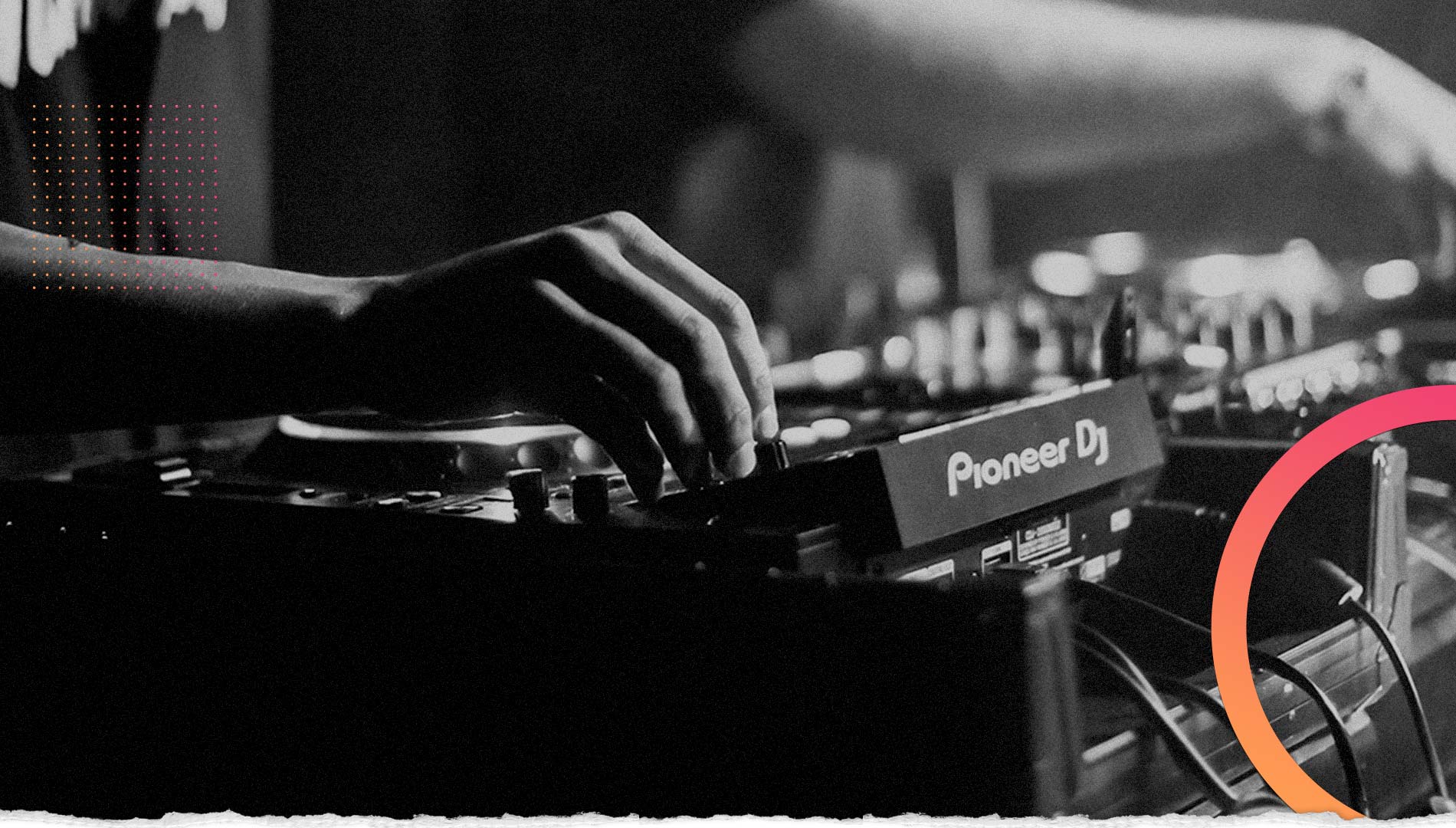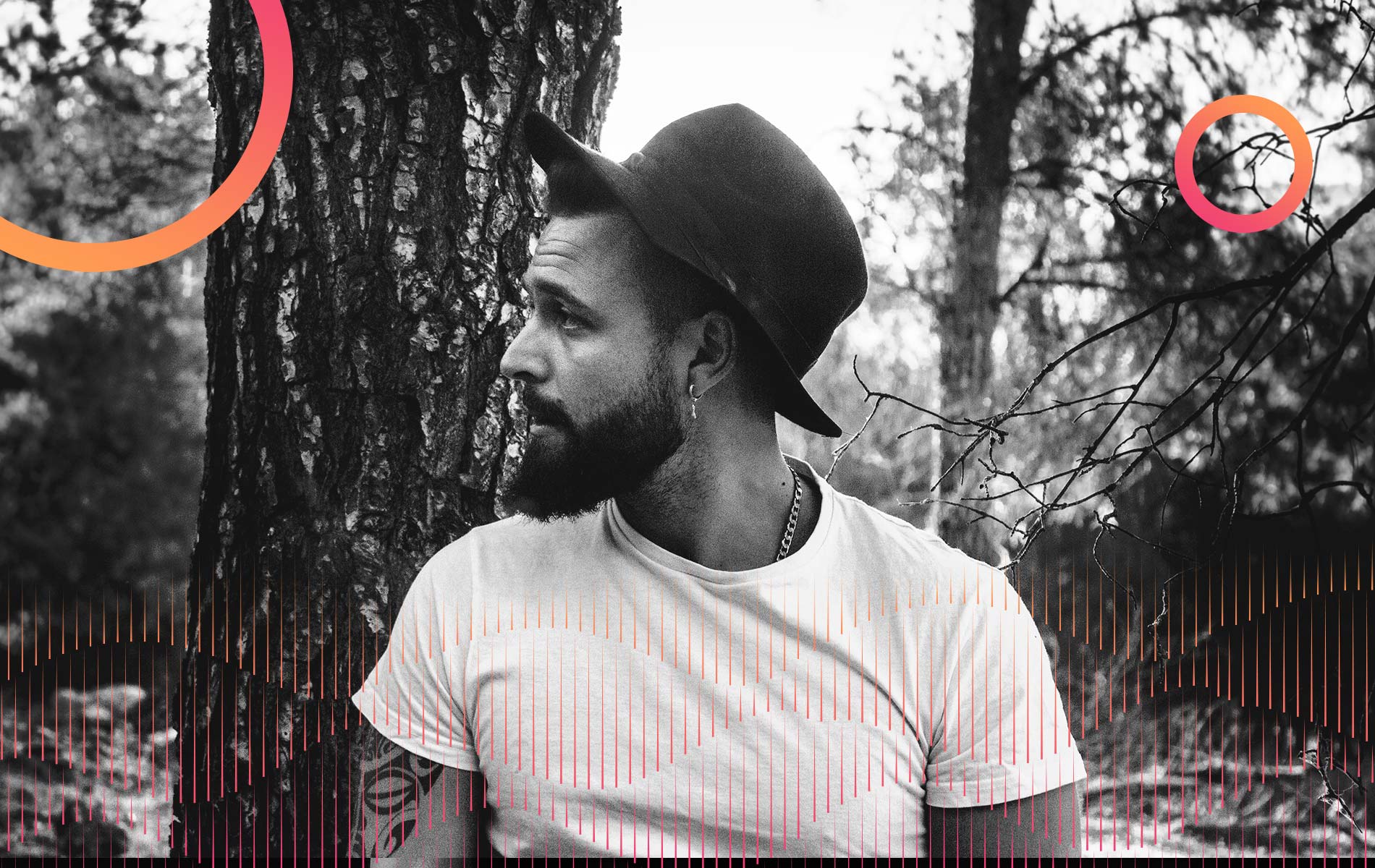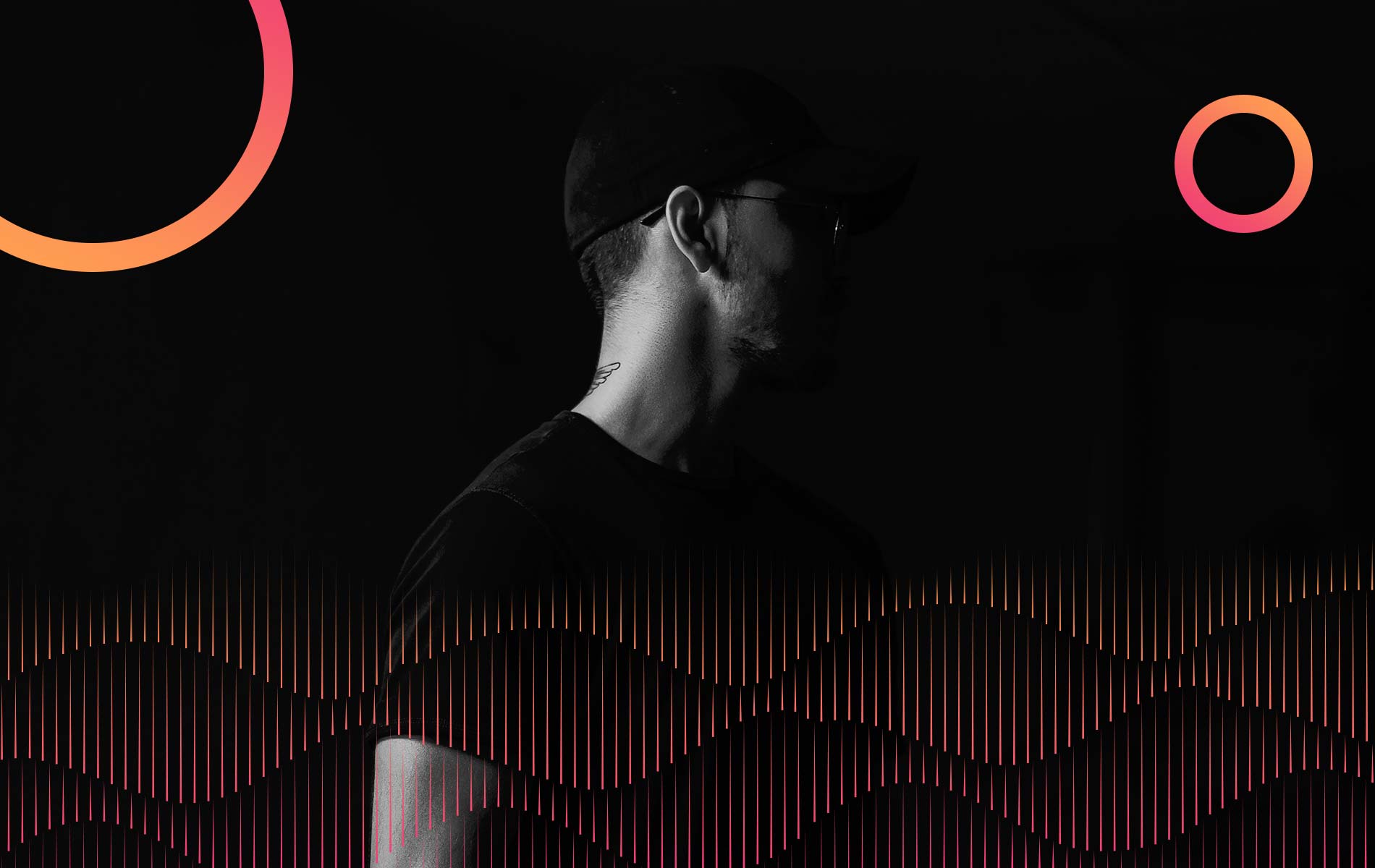NEW YORK — How do you top a five-time Grammy Award-winning album that had critics applauding its rich blend of R&B, hip-hop, swing, jazz and pop? If you’re Jon Batiste, you go even higher and wider.
The singer-songwriter and multi-instrumentalist has returned two years after his triumphant album “We Are” with the complex “World Music Radio,” a collection he calls an “expansive, genre-less, popular music concept record.”
“World Music Radio” is conceived like a timeless radio broadcast from a sort of interstellar DJ, gradually taking the listener from hip-hop, pop and dance party to soul, Latin, folk and gospel. It’s like moving from a rave to church.
“I wanted to have that effect where you’re traveling from Saturday night to Sunday morning and you’re slowly moving towards this state of bliss, in this state of feeling this ultimate humanism and togetherness with everyone and feeling connected to the universe,” Batiste says.
“World Music Radio” isn’t just a sonic trip, it’s also a mesmerizing way to dial into Batiste’s eclectic and wide musicality, with songs switching sounds midway and lyrics layered with symbolism and multiple languages seeping out. Few albums can boast a Duke Ellington vocal clip, the Muslim call to prayer and a Kenny G sax solo.
“For me, playing is always a form of dreaming. And I’m constantly creating based on thoughts or conversations that I’ve had, words that have resonated with me or people who have helped me to be who I am today,” he says.
The album begins with a salutation — “Hello everybody, I’m Billy Bob Bo Bob” — as Batiste sets the listener up for a spin of Earth’s sounds, from the Afropop of “Be Who You Are,” to Johnny Cash-like “Master Power” to the Michael Jackson-esque “Call Now (504-305-8269).”
Water, so vital to the planet and so dangerous to his hometown of New Orleans, is a theme, from the super pop of “Drink Water” featuring Jon Bellion and Fireboy DML, to the exuberant “Raindance,” to the restrained but distorted ballad “White Space,” where he sings “Saved in the water/ I’m saved.”
TOO MUCH GOOD STUFF
It was all a struggle at first. The singer-songwriter had amassed a massive 3 1/2 hours of new music but wasn’t able to figure out a through-line. Its working title was “World Music.”
“It wasn’t about making a world music album but using that as a prompt because it’s really a horrendous term, if you think about it for many reasons,” he says. “I went to bed kind of discouraged, not really having the sense of what it was.”
That’s when an odd muse visited. Batiste had read about an unusual radio signal that some attribute to a being called B4, hence Billy Bob Bo Bob. What “World Music” was missing, he realized, was a DJ. He worked feverishly through the night.
“I can’t explain to you how it just struck me like lightning. It was just so quickly a part of the fiber of my being in a way that I just saw it,” Batiste says. “It took so long for it to reveal itself. And I was almost at the point where ‘Maybe we need to scrap this.'”
The album’s collaborators — who include Lil Wayne, K-pop girl group NewJeans and Lana Del Rey — didn’t always know about the alien DJ stuff or the high concept behind the album.
“I try to make it where someone can step in and do their thing without having to understand the greater concept,” he says. “I didn’t tell them. None of the collaborators knew what I was building, but I knew that if I casted them properly, they would shine.”
“World Music Radio” comes after Batiste untethered himself from late-night television — he was the bandleader for “The Late Show With Stephen Colbert for seven years.
Louis Cato, another multi-instrumentalist whom he recruited to join Colbert’s band and who succeeded him as bandleader, calls Batiste a “transcendental musician” who gave him a front-row seat to learning on the job.
“I feel really lucky and grateful for that,” Cato says. “This was nowhere in in the cards for me, you know. I think there’s something really powerful about learning through a relationship.”
NO BOUNDARIES
In addition to his Grammy success in 2022, Batiste also earned a best original score Oscar alongside Trent Reznor and Atticus Ross for his work on Pixar’s “Soul” in 2020.
The scion of New Orleans musical royalty, Batiste started life as a video gamer/classical music student/jazz pupil and he refuses to recognize any boundaries in music. The first four albums he ever bought attest to that — Michael Jackson’s “Dangerous,” Bjork’s “Vespertine,” Common’s “Like Water for Chocolate” and “Led Zeppelin IV.”
The roots for “Word Music Radio” were planted about a decade ago when Batiste released his album “Social Music,” which he called “a statement of intention, a manifesto. And ‘World Music’ is really a realization of that.” He adds: “Now I’m just at a point in life where I can create this kind of thing more effectively.”
Batiste thinks the album may be a roadmap for the future as Latin, K-pop and African sounds influence pop.
“We have to liberate ourselves as artists, and I think the public is ready for that. Global influence has just seeped into popular culture more and more every day. Everybody’s ready for the chains to be broken and for things to be expanded. The Grammys have expanded categories,” he says. “More and more communities want to be recognized. It’s just going to continue.”








 Invalid license, for more info click here
Invalid license, for more info click here